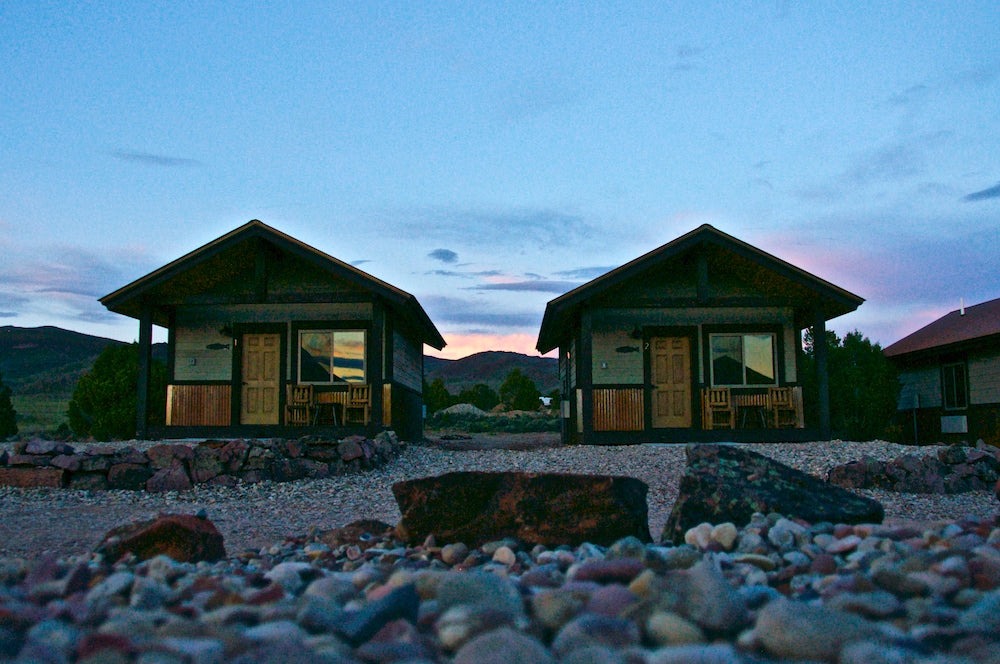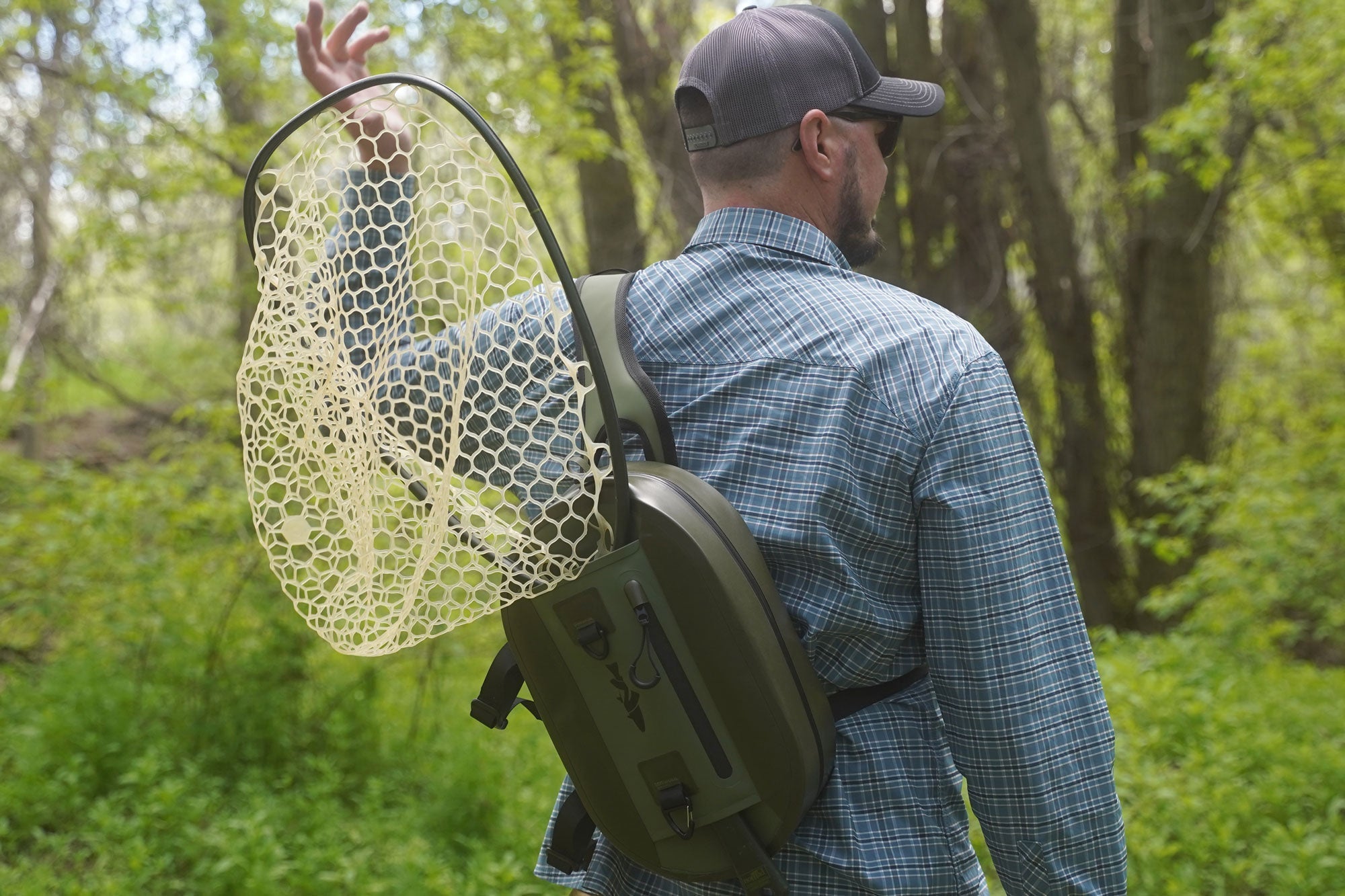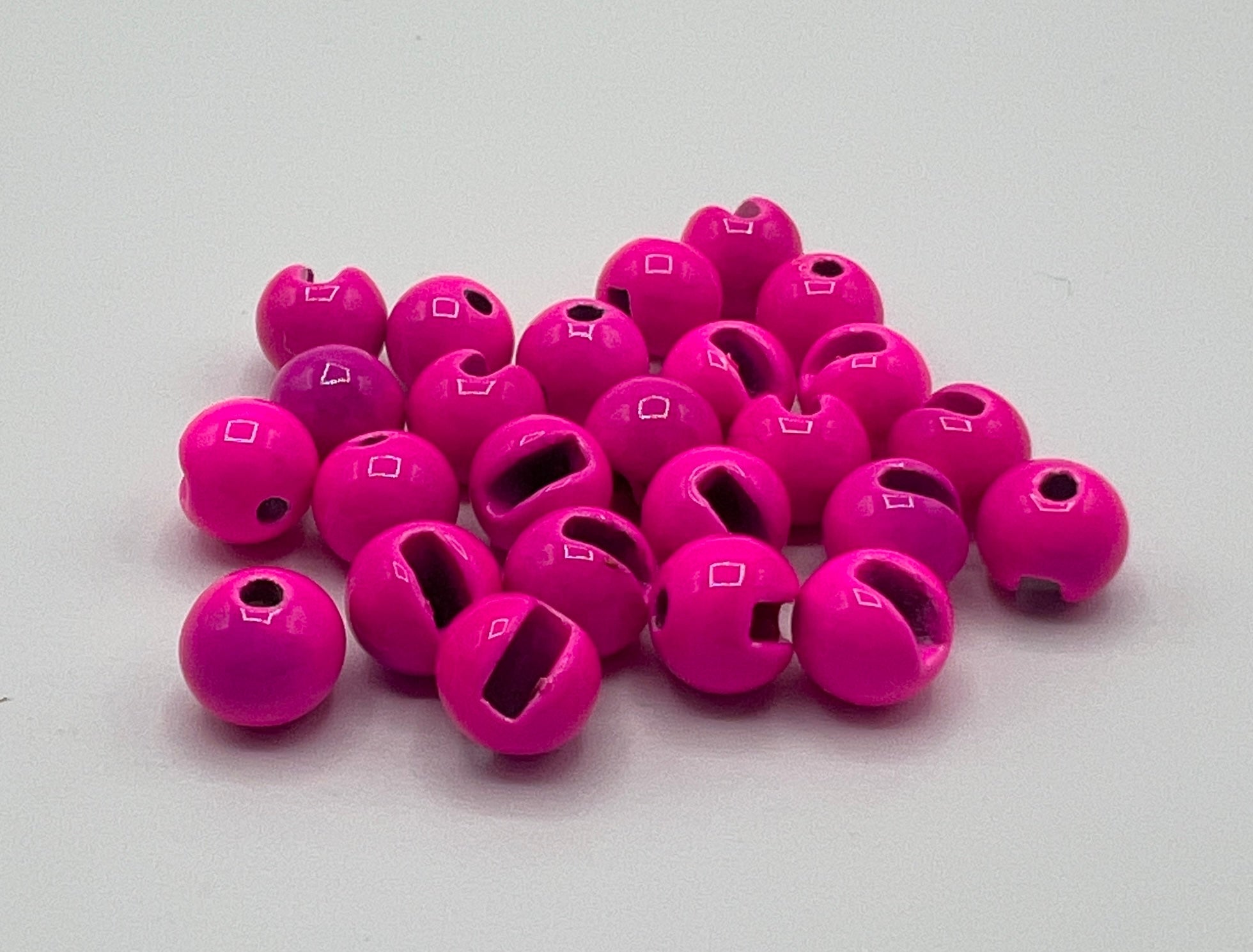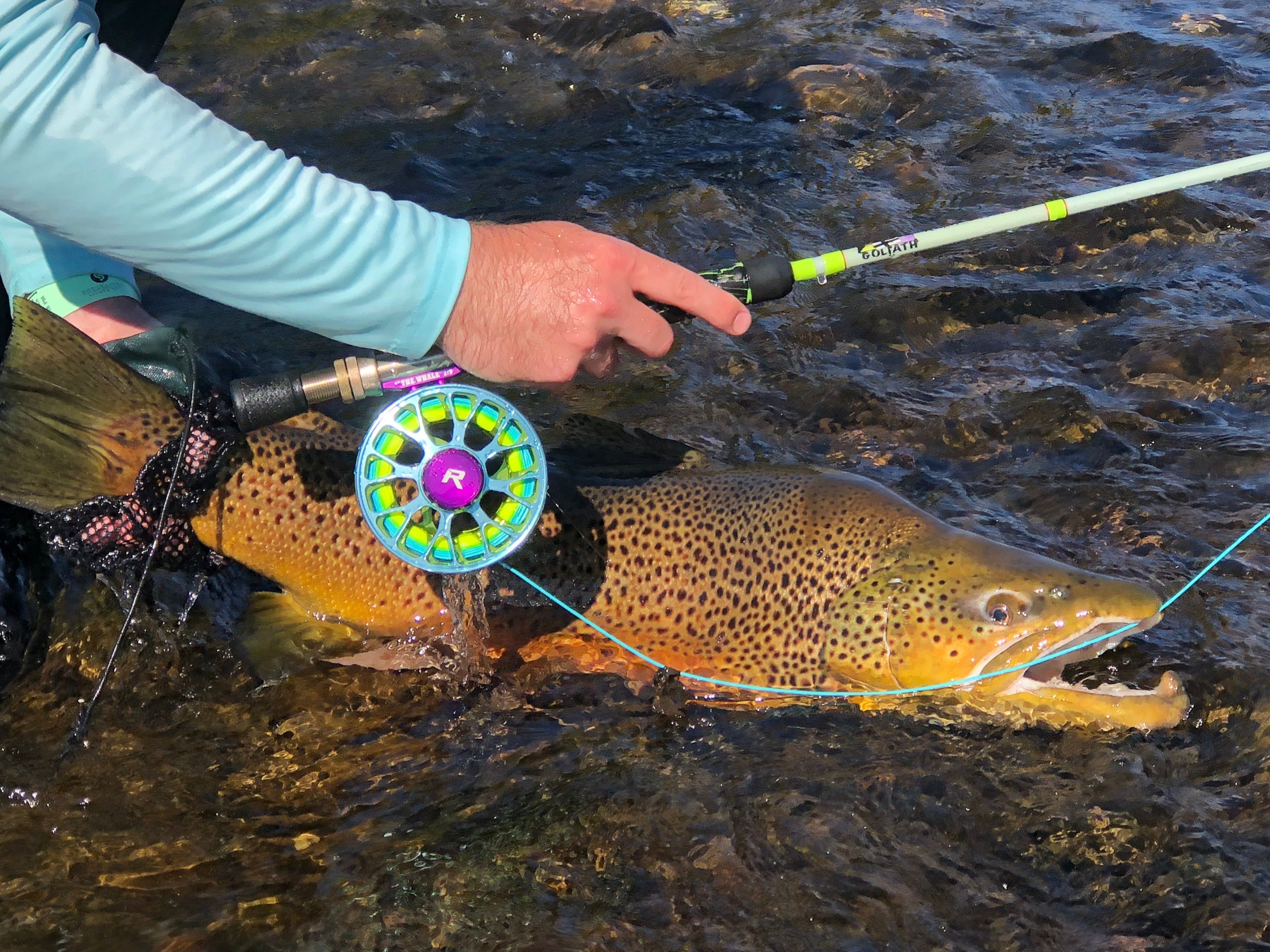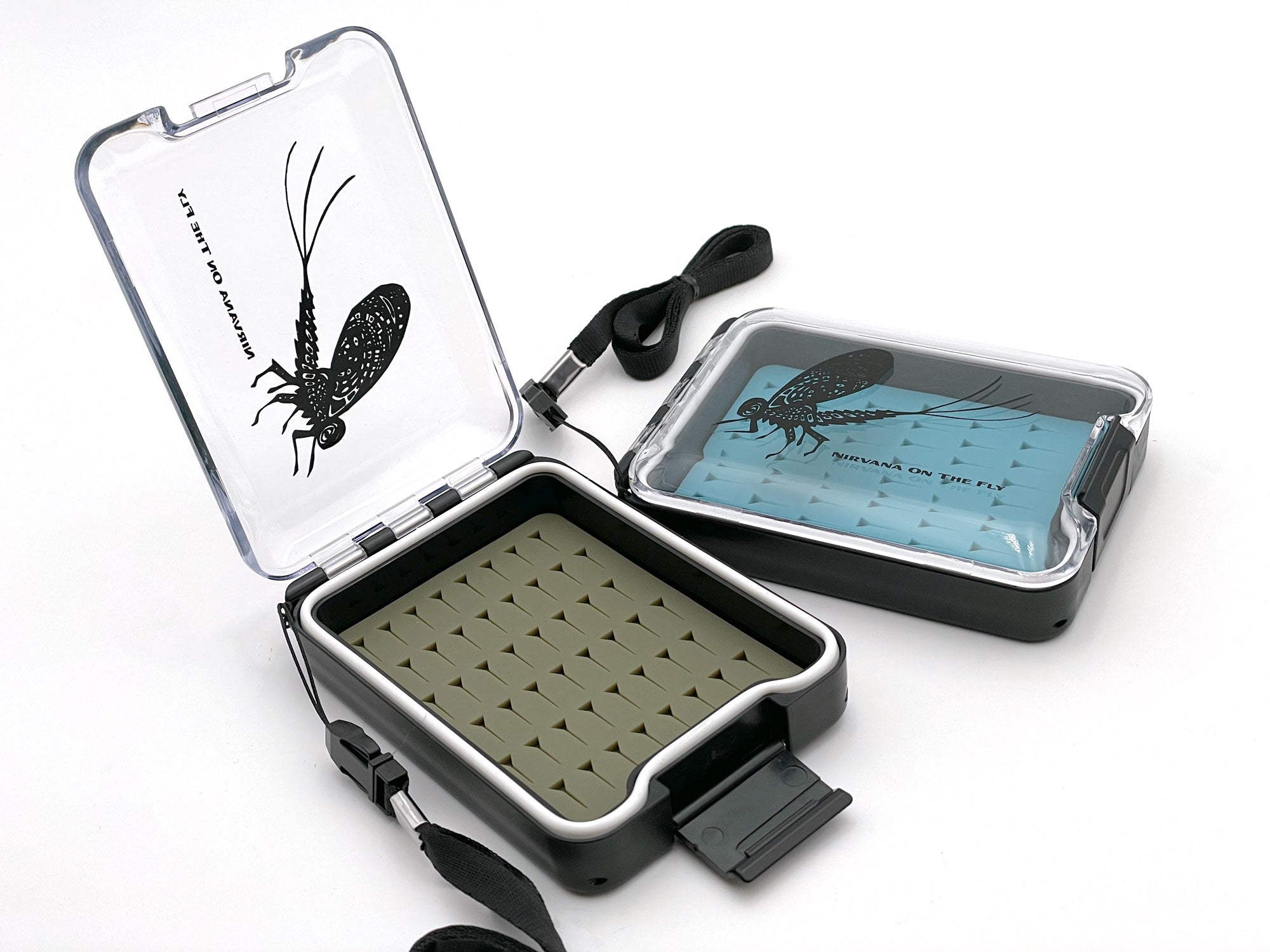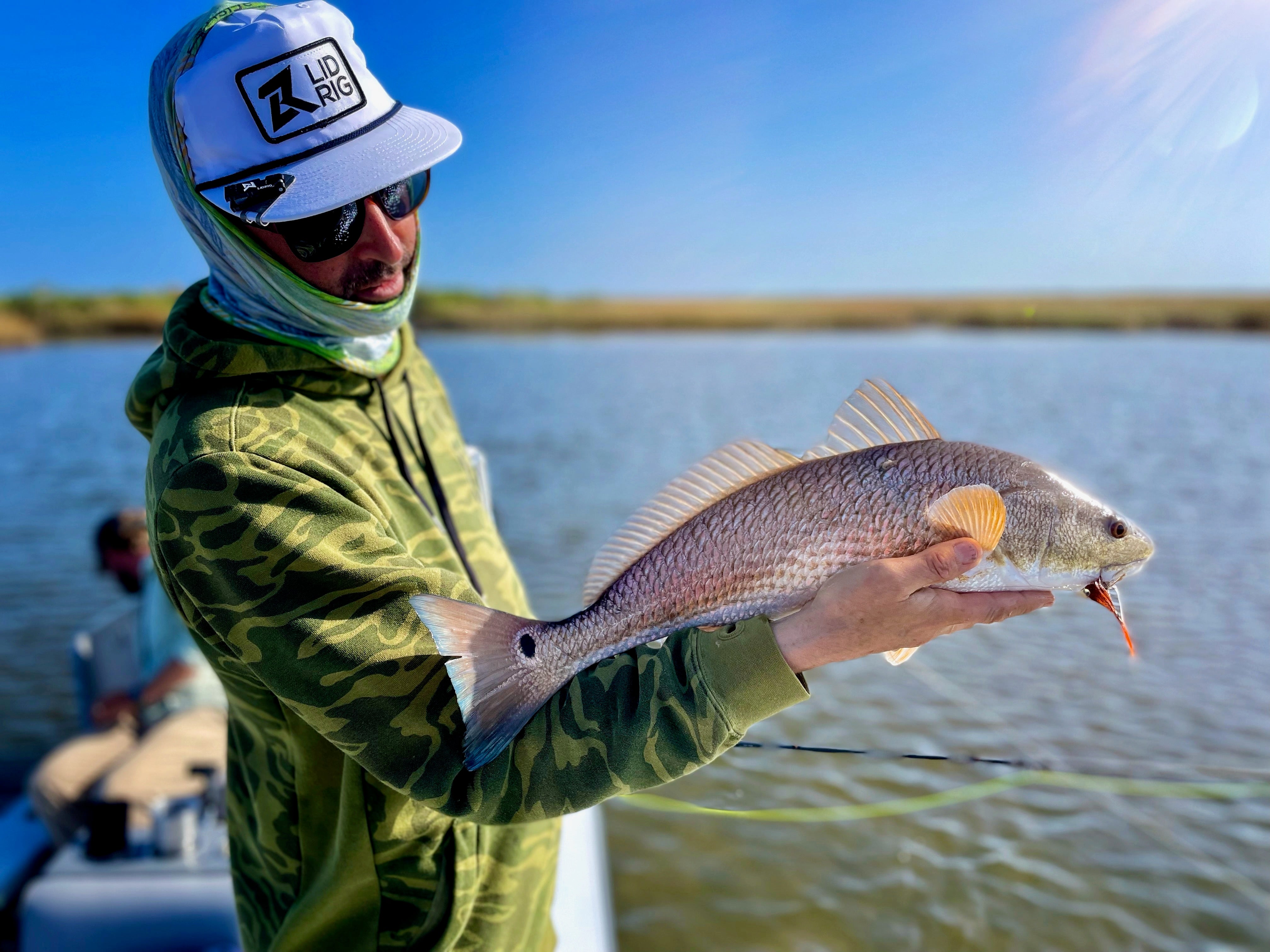Understanding Glamping for Fishing
Q: What exactly is glamping and how does it work for fly fishing trips? A: Glamping (glamorous camping) combines outdoor experiences with luxury amenities like comfortable beds, electricity, climate control, and often private bathrooms. For fishing trips, it provides access to remote waters while offering comfort and convenience. Options range from luxury tents to cabins to unique accommodations like yurts or treehouses.
Q: What are the advantages of glamping for fly fishing vacations? A: No need to pack camping gear, comfortable accommodations after long fishing days, often includes meals and services, access to remote fishing areas without roughing it, and appeals to fishing partners who might not enjoy traditional camping. Many glamping sites cater specifically to outdoor activities like fishing.
Q: How does glamping compare cost-wise to other fishing trip options? A: Glamping typically costs more than traditional camping but less than high-end fishing lodges. Prices vary widely based on location, amenities, and season. Consider what's included - meals, guides, equipment, activities - when comparing costs. Often provides better value than hotels for remote area access.
Q: What types of fishing access do glamping sites typically offer? A: Many glamping locations are chosen specifically for outdoor recreation access. Options include on-site ponds or streams, nearby public waters, private water access, or partnerships with local guides and outfitters. Research fishing opportunities before booking to ensure they match your expectations.
Types of Glamping Accommodations
Q: What glamping options work best for serious fishing trips? A: Look for accommodations near quality fishing waters with appropriate amenities for anglers. Canvas tents with hard floors work well, as do cabins with gear storage space. Ensure accommodations have adequate space for gear organization, drying wet equipment, and early morning departures.
Q: Should I choose glamping sites with kitchens or meal service for fishing trips? A: Both have advantages. Kitchens provide flexibility for early fishing starts and cooking fresh-caught fish (where legal). Meal service eliminates planning and shopping but may not align with fishing schedules. Some sites offer both options or flexible meal arrangements for anglers.
Q: What amenities are most important for fishing-focused glamping? A: Gear storage and drying areas, early breakfast options or kitchen access, proximity to fishing waters, comfortable beds for rest after long fishing days, and adequate lighting for evening fly tying. Hot showers and climate control enhance comfort after cold or wet fishing days.
Q: How do I evaluate the fishing quality at glamping destinations? A: Research the specific waters accessible from the site, read fishing reports and reviews from angling-focused sources, contact the glamping operator about fishing opportunities, and consider the season and current conditions. Some sites cater specifically to anglers with detailed fishing information.
Planning and Booking
Q: How far in advance should I book glamping for fishing trips? A: Popular fishing destinations book 6-12 months ahead, especially for peak seasons. Prime fishing times coincide with peak travel seasons at many destinations. Some sites offer last-minute deals, but don't count on availability during good fishing seasons. Book early for the best selection.
Q: What questions should I ask when booking fishing-focused glamping? A: Ask about fishing access, current conditions, guide availability, gear storage facilities, meal timing flexibility for early fishing, cancellation policies for weather, and what fishing amenities are included. Inquire about fishing licenses and local regulations.
Q: How do I choose between different glamping sites for fishing? A: Prioritize fishing access and quality over luxury amenities if fishing is your main goal. Consider the variety of fishing opportunities, distance to different waters, and flexibility of the operation for anglers' schedules. Read reviews from other fishing guests when available.
Q: What's the best season for glamping fishing trips? A: Depends on your target species and location. Many glamping sites operate seasonally, which often aligns with good fishing seasons. Spring and fall can offer excellent fishing with comfortable weather and lower prices. Summer provides the most options but may have higher costs and more crowds.
What to Pack for Glamping Fishing
Q: What fishing gear should I bring for glamping trips? A: Bring your complete fishing setup since comfort isn't limited by weight. Include multiple rod setups, full fly selection, all tools and accessories, and backup equipment. Take advantage of the ability to bring everything you might need rather than limiting yourself to essentials.
Q: What clothing and personal items do I need for glamping? A: Fishing clothing and rain gear are still essential. You may want nicer clothes for dinners or social activities. Bring fewer camping-specific items since accommodations typically provide bedding and basic amenities. Check what toiletries and linens are provided versus what you need to bring.
Q: Should I bring my own food and cooking equipment when glamping? A: Depends on the site's meal offerings and your preferences. If meals are provided but don't fit fishing schedules, bring snacks and breakfast items. Some sites have kitchenettes where you can prepare simple meals. Consider bringing coffee and other personal preferences regardless.
Q: What technology and entertainment items work well for glamping fishing trips? A: Bring devices for fish identification apps, weather monitoring, and fishing logs. E-readers or tablets provide evening entertainment when not fly tying. Portable speakers for ambient music can enhance the experience. Don't forget charging cables and portable batteries.
Maximizing the Glamping Fishing Experience
Q: How do I balance fishing time with enjoying glamping amenities? A: Plan your schedule to maximize prime fishing times while enjoying amenities during less productive fishing periods. Use midday breaks for relaxing at camp, and save amenities like hot tubs or massages for evening after fishing. Don't feel obligated to use every amenity if fishing is your priority.
Q: Should I book guided fishing when staying at glamping sites? A: Guides can be valuable for unfamiliar waters, learning new techniques, or maximizing limited time. Many glamping sites have relationships with local guides and can arrange trips. Consider at least one guided day to learn about local waters, then fish independently if desired.
Q: How do I handle fishing gear maintenance and organization while glamping? A: Take advantage of having space and comfort for gear organization and fly tying. Use the accommodations for drying gear, organizing tackle, and maintaining equipment. Evening fly tying sessions can be very productive with good lighting and comfortable seating.
Q: What's the best way to explore fishing opportunities from a glamping base? A: Research multiple fishing options in the area before arriving. Ask operators about different water access and current conditions. Consider renting vehicles if needed to access various fishing spots. Use the comfort of your accommodations to plan daily fishing strategies.
Social Aspects and Group Dynamics
Q: How does glamping work for fishing groups with different interests? A: Glamping accommodates mixed groups well since non-anglers can enjoy amenities while anglers fish. Many sites offer various outdoor activities for non-fishing partners. The comfort level makes it appealing to those who wouldn't enjoy traditional camping but want to experience outdoor recreation.
Q: What's the etiquette for sharing glamping accommodations on fishing trips? A: Respect others' fishing schedules, especially early morning departures. Keep gear organized in shared spaces and communicate about meals and shared amenities. Be considerate with noise levels and space usage. Plan group activities around individual fishing goals.
Q: Should I choose private accommodations or shared facilities for fishing trips? A: Private accommodations offer more flexibility for fishing schedules and gear storage but cost more. Shared facilities can be social and cost-effective but may limit your flexibility. Consider your group size, budget, and how much interaction you want with other guests.
Q: How do I handle different skill levels in a glamping fishing group? A: Use the comfortable base to provide instruction and practice areas. Consider hiring guides for beginners while experienced anglers fish independently. The relaxed environment is great for teaching and sharing techniques. Plan some group fishing activities and some individual time.
Seasonal and Location Considerations
Q: What should I expect from mountain glamping fishing destinations? A: Beautiful scenery, potentially challenging weather, high-altitude considerations, and often excellent trout fishing. Pack layers for temperature variations and be prepared for afternoon thunderstorms. Many mountain glamping sites offer stunning settings but require advance planning for weather contingencies.
Q: How do desert glamping sites work for fishing trips? A: Desert areas often provide unique fishing opportunities in oasis-like settings or nearby mountain streams. Expect extreme temperature variations between day and night. The comfort of climate-controlled glamping is especially valuable in desert environments. Research water availability and fishing seasons carefully.
Q: What makes coastal glamping appealing for fishing trips? A: Access to both saltwater and potentially freshwater fishing, consistent temperatures, and often spectacular settings. Coastal glamping can provide easy access to surf fishing, bay fishing, or nearby stream fishing. Consider tidal influences and weather patterns when planning fishing activities.
Q: Are there glamping options specifically designed for fishing? A: Yes, many glamping operators cater specifically to anglers with features like gear storage, fish cleaning facilities, early breakfast options, guide services, and accommodations designed for fishing groups. These specialized operations understand anglers' needs and schedules.
Practical Considerations
Q: What happens if weather ruins fishing during a glamping trip? A: Glamping accommodations provide comfortable shelter during bad weather. Many sites offer alternative activities or indoor spaces for fly tying and relaxation. Some operators have flexible policies for weather-related issues. Use bad weather time for gear maintenance, planning, and relaxation.
Q: How do I handle fish cleaning and storage while glamping? A: Many glamping sites have fish cleaning facilities or can provide guidance on proper locations. Some have freezer storage for keeping fish. Follow all local regulations about keeping fish and disposing of waste. Respect the property and other guests when processing fish.
Q: Should I tip staff at fishing-oriented glamping sites? A: Tipping practices vary by location and operation type. Consider tips for housekeeping, meal service, and any special assistance with fishing gear or advice. If guides are arranged through the glamping site, normal guide tipping applies. Ask about tipping policies when checking in.
Q: How do I provide feedback about fishing aspects of glamping experiences? A: Provide specific feedback about fishing access, amenities for anglers, and how well the operation served fishing-focused guests. Constructive feedback helps glamping operators improve their offerings for future angling guests. Consider reviewing on fishing-specific platforms as well as general travel sites.
Glamping offers an appealing middle ground between roughing it and luxury resorts, making quality fishing destinations accessible to a broader range of people. Success comes from choosing sites that truly cater to fishing activities while taking advantage of the comfort and amenities that make glamping special. It's an excellent option for mixed groups, special occasions, or when you want to focus entirely on fishing without camping logistics.

